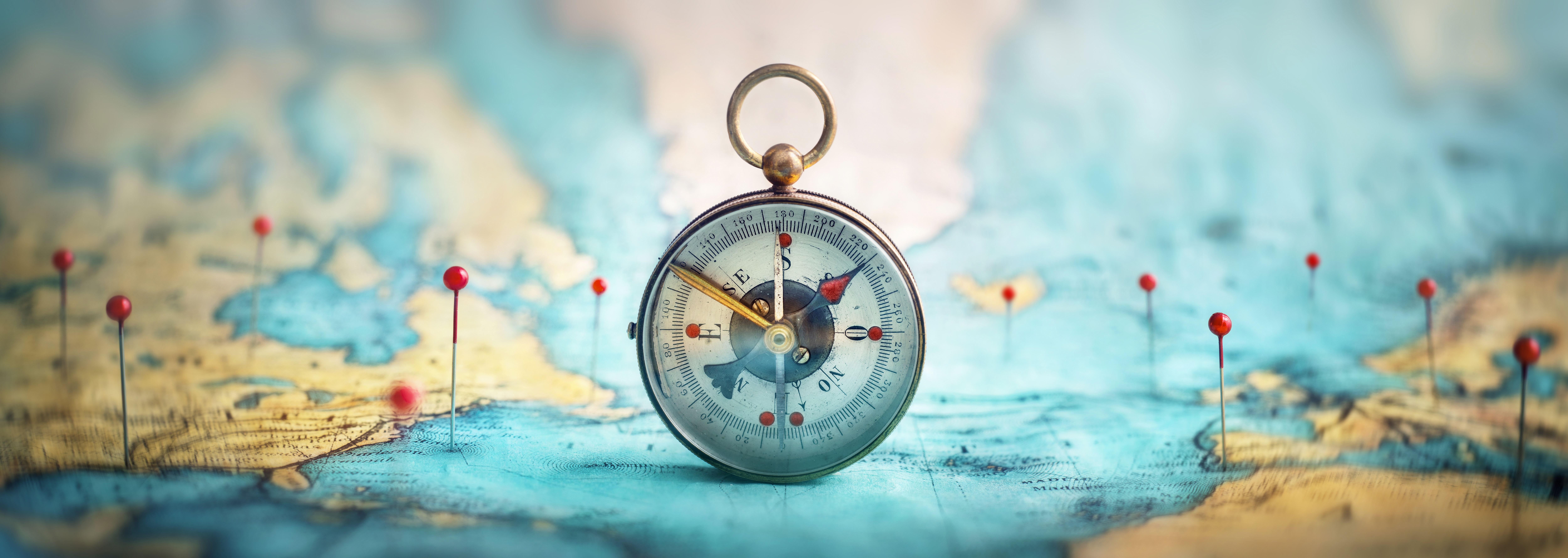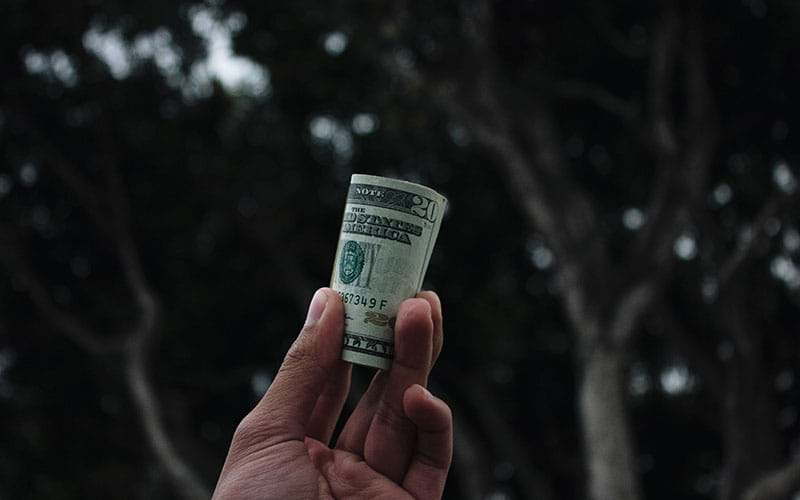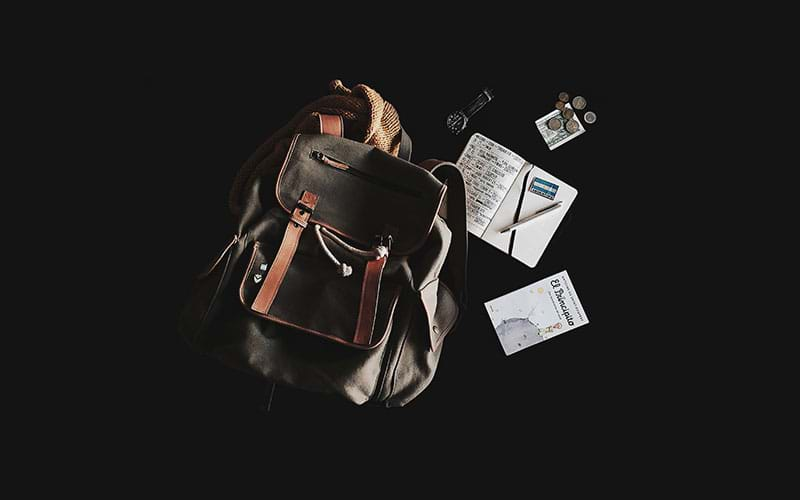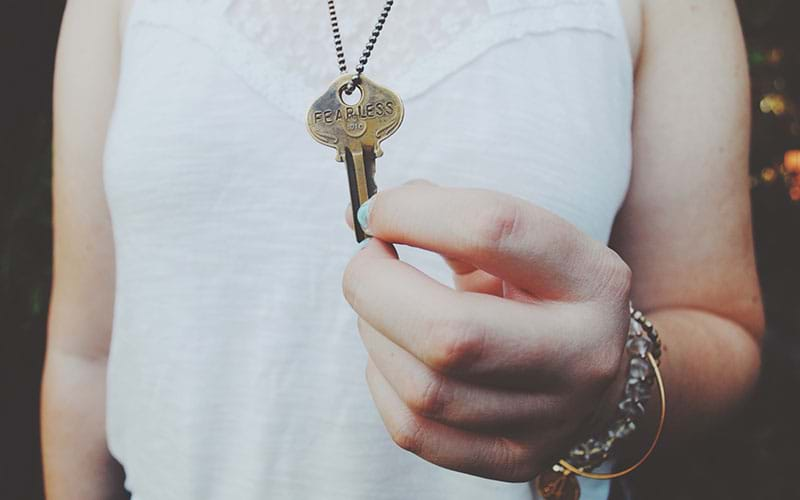
THE 5 BEST TRAVEL TIPS EVER
When it comes to travel, some things never change. As the great 14th-century Moroccan scholar and explorer, Ibn Battuta, said, “Traveling – it leaves you speechless, then turns you into a storyteller.”
That’s still true. But no travel storyteller wants to tell about losing their cash in Barcelona or having their backpack straps snipped in New York – especially if those stories involve lost passports, cash, credit cards, tickets, and room keys. No one wants to be stuck like that in an unfamiliar city … even if it eventually makes for a good story.
Some people think you can’t avoid misfortunes like these; you know, stuff happens. And a lot of things are out of your control. If someone is intent on breaking into your hotel room or stealing your rental car, it’s going to happen, and there’s not much you can do about it.
Still, you can change unsafe behavior that plays right into the hands of crooks who see you as a perfect target.
Truth is, unsafe travelers don’t think like thieves; they take risks. When an unsafe traveler leaves their wallet on a counter while ordering a salad, some smooth operator is apt to find a way to snatch that traveler’s lettuce before his other lettuce arrives.
So instead of being that traveler, play it safe with these easy tips.
 Photo credit: Vitaly via Unsplash.
Photo credit: Vitaly via Unsplash.
Stash Your Cash
For starters, do you bring all your valuables with you every time you leave your hotel? If so, you’re heading for disaster if you’re robbed or lose your bags.
A better idea is to stash some cash, in local currency and American dollars. Put it in a secret container—but not socks. Crooks have heard of that trick, too.
Instead, channel your inner spy and hide it deep in your luggage. Just don’t forget where you stashed it.
Spread It Around
While you can always use a hotel safe (more on that later), don’t leave or take all your valuables when you’re out and about. Instead, spread them around.
Never ever – repeat, never ever – put valuables like your passport, travel documents, financial information, prescription medicine, and electronic gear all together in one backpack. Also, never ever put this cache in a checked bag.
Before you leave home, scan or photograph all your important documents, front and back, and store them in the cloud using Google Docs or Dropbox. Leave a copy at home in a safe place or with a family member in case you can’t access the internet.
 Photo credit: Cynthia del Río via Unsplash.
Photo credit: Cynthia del Río via Unsplash.
The Safer Safe
Speaking of safety, in-room safes sound good, but not all safes are the same. Some rely on a lock-and-key system, which is not as safe as a digital box. Some are too small to hold electronic gear.
Others are attached to the wall so shoddily (usually in the closet, as if thieves would never think to look there) that they can basically be pulled off the wall.
The hotel safe is probably bigger (and safer) than your room variety. But it’s a hassle going back and forth to get your valuables when you need them. And many bed-and-breakfast inns, boutique hotels, lodges, and hostels may not have anything for valuables.
But many smart travelers know they can bring their own safe. The Pacsafe Travel Safe is a bag made from slash-proof material with a heavy-duty locking system. Just attach it to something solid, like a metal pipe under a bathroom sink, and you’re in business.
I’ve used it in Tunisia, France, and Belgium when the room safe where I was staying didn’t meet my safety standards, or simply didn’t exist.
Pacsafe also makes backpacks and cross-body shoulder bags of the same slash-proof fabric, with stainless-steel wires embedded in the purse’s straps so a street thief can’t just cut the straps and be on his merry way with your belongings in tow.
Cab It
If you’ve ever decided to walk around a foreign city because you can’t figure out the local cab or bus system, you may have been risking your life (or your valuables), depending on where you’re walking, the time of day and how savvy you are about local customs and language.
You don’t want to know how many times I’ve gotten lost walking beyond a city square thinking that quaint restaurant I spotted from a cab was right around the corner.
Most of the times these lost-in-translation ventures end okay, but why chance it, especially if it’s at night and you’re alone? Spring for the cab fare to and from your destination. Spend a little to avoid losing a lot.
Now, what about the location of that lodge or inn? Is it out in the boonies instead of near a robust city center as the website suggested?
If your hideaway is uncomfortably hidden without basic security measures like chain locks, peepholes, or window locks, spend the money to move or upgrade to a more secure room on the same property.
 Photo credit: Daryn Bartlett via Unsplash.
Photo credit: Daryn Bartlett via Unsplash.
Obviously ...
Buying travel insurance is one of the simplest and most powerful safety steps you can take. It can help with everything from lost luggage to getting home safely when you’re in a country where there’s a coup or natural disaster.
Not long ago, on a radio show, I heard a financial analyst discussing smart financial choices. He said trip insurance is great, but only if you’re going on a long, expensive trip.
That’s simply not true. I tried to phone the show to set the record straight on travel protection, but couldn’t get through.
What I would’ve said is travel insurance is for everyone, anytime they travel. If someone in your family gets sick or passes away before you leave, you can cancel your trip knowing you’re covered. In the end, if you can’t afford or see the need for travel insurance, you shouldn’t be traveling in the first place.

Sharyn Alden is a long-time travel writer with a media-relations business, Sharyn Alden Communications, Inc., based in Madison, Wis. Contact her at sharynalden@gmail.com.
Questions About Travel Insurance?
Check out our online guide, "What Is Travel Insurance All About?" We've provided in-depth answers to all your travel insurance questions, starting with the basics.